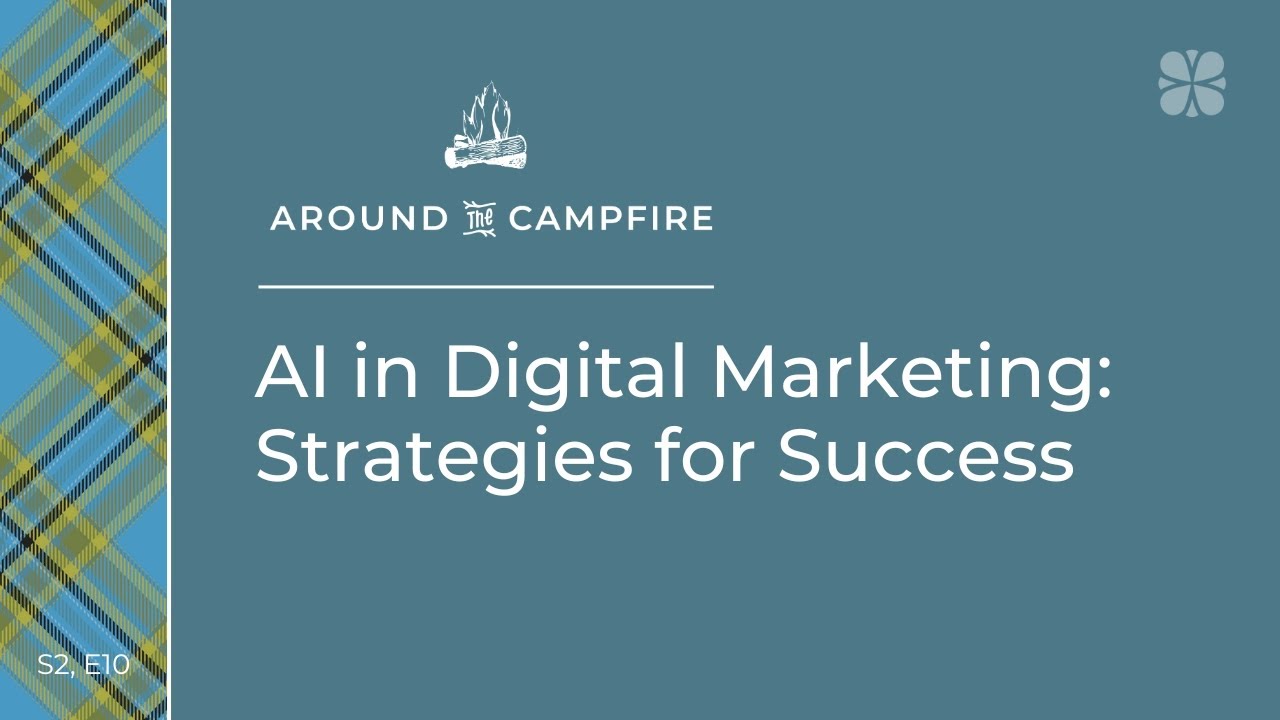In “AI in Digital Marketing: Strategies for Success,” Alex Boston and Ed Kazowski explain that AI complements rather than replaces traditional SEO and digital marketing practices, emphasizing the importance of human oversight, ethical use, and adapting strategies to new AI-driven features like Generative Engine Optimization and AI-powered advertising. They advocate for a balanced approach that leverages AI tools for content creation and campaign optimization while maintaining quality, compliance, and continuous learning to achieve effective and responsible digital marketing outcomes.
The video “AI in Digital Marketing: Strategies for Success” features Alex Boston and Ed Kazowski from Northwoods, a full-service digital agency, discussing how AI is transforming digital marketing. They begin by addressing a common misconception that SEO is becoming obsolete due to AI advancements. Both experts clarify that SEO remains crucial, as Google still dominates search traffic, and AI tools like large language models (LLMs) complement rather than replace traditional search engines. They introduce the concept of Generative Engine Optimization (GEO), which focuses on optimizing content for AI tools by using structured data and backend technical enhancements, emphasizing that GEO supplements but does not replace SEO.
Next, the discussion moves to partnering with AI for high-quality content creation. The speakers recommend using AI as a tool for generating first drafts or outlines rather than publishing AI-generated content directly. They caution against over-reliance on AI, noting that AI content often lacks specificity, human insight, and can contain hallucinated or irrelevant information. They highlight the importance of human editorial oversight to ensure content quality and SEO effectiveness. Additionally, they explain the role of vector data in AI content creation, which helps AI understand the relationships between topics to produce more contextually relevant content.
The video then explores leveraging AI-driven digital advertising to target “micro moments”—specific instances when consumers are most likely to convert. Ed explains that AI and automated bidding strategies help identify and capitalize on these moments by analyzing user behavior and optimizing ad spend for conversions rather than just clicks. Both speakers stress the importance of setting appropriate budgets, accurate conversion tracking, and ongoing campaign optimization to maximize return on investment. They also advise asking potential digital agencies critical questions about their use of AI, budget management, conversion setup, and compliance with evolving privacy regulations.
Further, Alex and Ed discuss adapting SEO strategies to accommodate AI features in search engine results pages (SERPs), such as AI-generated summaries and knowledge panels. They emphasize continuing to follow SEO best practices, including keyword optimization and producing high-quality, comprehensive content that addresses broader related topics. They acknowledge the trend of “zero-click” searches, where users get answers directly on the search page without visiting websites, but note that appearing in AI features can still drive brand awareness and eventual conversions. They predict ongoing legal and ethical challenges around AI content sourcing and attribution, urging marketers to stay vigilant.
In conclusion, the speakers share best practices for succeeding with AI in digital marketing, including continuous learning, cross-platform strategies, monitoring algorithm changes, preserving human insight, and establishing AI governance policies. They encourage marketers to experiment systematically, embrace evolving technologies, and maintain ethical standards in AI use. The video closes by inviting viewers to download a detailed white paper and reach out with questions, emphasizing that while AI is a powerful tool, human expertise remains essential in crafting effective digital marketing strategies.
